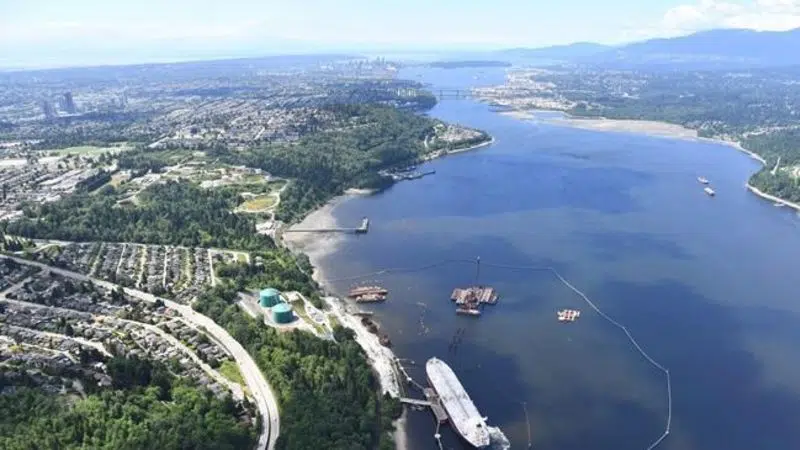
‘Can be justified:’ Regulator gives conditional OK to Trans Mountain expansion
CALGARY — Battle lines over the Trans Mountain pipeline expansion were already being redrawn Friday after the National Energy Board gave its conditional endorsement to the project.
The federal energy regulator said an increase in tanker traffic from a bigger pipeline could cause “significant adverse environmental affects” on southern resident killer whales, hurt related Indigenous culture and increase greenhouse gas emissions.
It also conceded that the environment would be significantly harmed in the “unlikely” event of an oil spill from a tanker.


